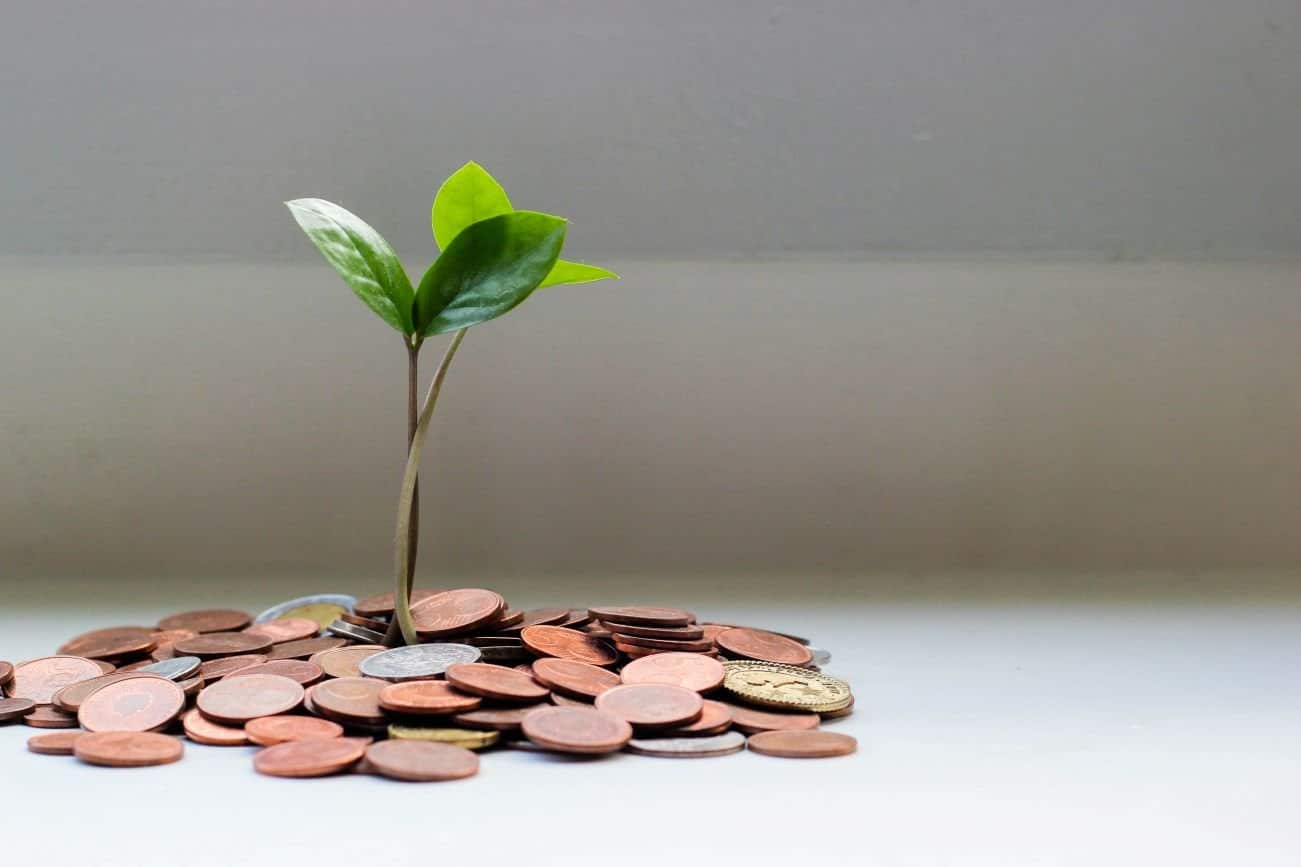This is the third blog in our guide on how to get investment fit. The first showed how to pay off your bad debt by snowballing it, while the second covered working out how much you would need for a three-month emergency pot.
It is important to create a good balance between savings and disposable income. If saving or investing is no fun at all —then it’s not sustainable —and there’s an increased likelihood of falling out of the savings habit. This post lists four areas where you can make big savings, shortening the time taken to build your emergency fund.
1. Committed expenditure: Utility bills
After your mortgage or rent, the next biggest expense will be your utility bills, so it pays to check that you’re on the best tariffs and rates. It will take a bit of prep and effort to gather all your bills and have information to hand so you can easily compare, but it’s worth it.
January is usually a quiet month for most of us after the heavy expense of the festive season, so use the down time to review your bills and use online comparison tools to look for cheaper options from anything from your mobile phone operator to your contents insurance. Assuming that you’ll knock off £50 to £100 a year on each utility, you could save yourself around £400 a year.
Savings: £400
2. Essential expenses: Food shopping
Many of us have got into the habit of shopping for food on the way home from work, but it ends up costing more unless you’re disciplined enough to shop late in the evening to pick up the reduced bargains. Even if you do shop once a week, you probably end up throwing food away at the end of the week.
To avoid wasting money and food, get into the habit of visualising your week and planning your meals accordingly. Plan realistic meals around your lifestyle that you’ll have the time and patience to cook, write a shopping list and stick to it religiously! Monitor what you’ve been throwing away and adjust your shopping list as necessary. By sticking to a meal plan and a shopping list, and avoiding waste, you should be able to trim £50 to £100 from your monthly shopping bill.
Savings: £1200
3. Monitor your monthlies
Direct debits and monthly subscriptions can easily add up and eat into your monthly income without you noticing. You may have started off with subscriptions to Netflix and Spotify, but you’ve probably also picked up a clutch of subscriptions ranging from fitness apps to food and beauty box subscriptions.
As they’re small, regular amounts you don’t notice them coming out of your account, but together they add up to a sizeable amount. The average monthly spend on apps and subscriptions is £50, so you could save yourself around £600 a year on average. Review your apps once every few months and cancel any subscriptions you don’t actively use and channel the money into your savings instead – make sure you set up a standing order so you don’t forget to transfer the money!
Savings: £600
4. Coffee, lunches, deliveroos and ubers
A daily coffee habit can cost you circa £20 a week and over the year that adds up to £1,040. Lunches are another unnecessary expense. Let’s say you spend £5 a day on lunch, five days a week, 48 weeks a year. That’s another £1,200. We all like to indulge in a take-away now and again, but if you’re also ordering them mid-week when you can’t be bothered to cook (we’ve all done it) then it’s neither good for your health nor your wallet.
Using cheap uber rides to get around town might be convenient, but they’re probably soaking up quite a bit of your money. Walk or take public transport at least twice a month and you could save £25 a month or £300 a year.
You get my drift. I’m not suggesting you stop all of these convenient but expensive habits over night, but you could pick one day a week, maybe a Monday, to forgo the coffee and take a home-made lunch to work. Doing it for just one day a week could save you around £400 a year that could go into your rainy day or sunny day savings. Start off with one day and week, and work your way up gradually.
Savings: £2,940
Grand total: £5,140
Add this total to any savings you’ve already made by snowballing your bad debts. You will be well on your way to building up a big enough pot to cover at least three months’ expenses.
If you are ready to start investing, take a look at our investment platform calculator to find a platform that suits your particular needs and circumstances. For example, you might be a novice investor who wants a simple site with lots of guides and recommended fund lists.
Equally, you might to want it hand over to the professionals and get proper advice. If that doesn’t float your boat, you could leave the decision making to a robo-adviser. Use our robo-calculator to find the right one for you. If you’re still not sure about what to do, check out our guides and videos for more information.
Photo by Micheile Henderson on Unsplash

